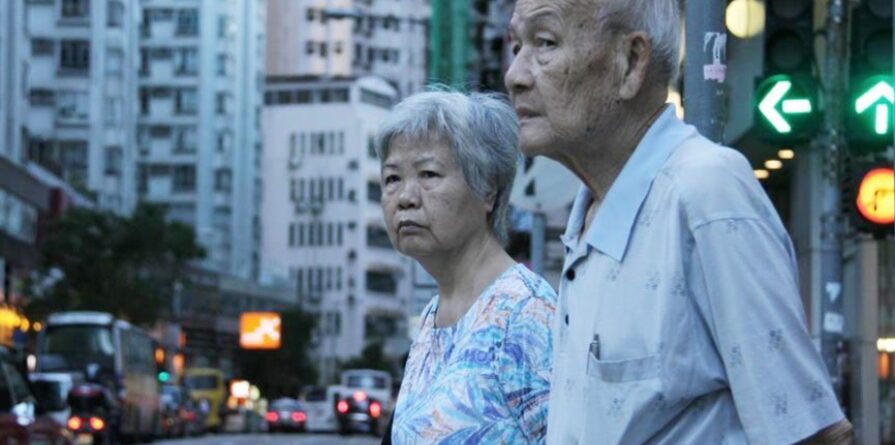Fraudsters prey on the fears of China’s aging population.
Shady retirement home and investment schemes have cheated China’s rapidly aging population out of hundreds of millions of dollars, spurring more than a thousand criminal cases in recent years.
In a society that traditionally relied on family members to take care of elderly parents, fraudsters have been able to prey on fears that changing social norms and scarce resources will leave older people bereft, report Alexandra Stevenson and Cao Li for The New York Times.
By 2025, more than 300 million people in China will be 60 or older, according to the Chinese government. By 2050, that number is estimated to rise to half a billion.
China’s now-defunct one child policy and mass migration to big cities, though, mean that there are fewer people to care for this large and vulnerable group. The government provides care only to those with no family, no financial support and no ability to work.
Read more @The New York Times
353 views










